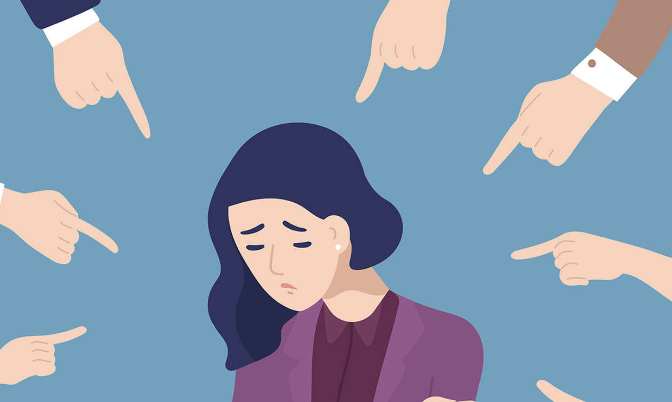Hang on, let’s take a moment to talk about therapy. Don’t click away just yet.
There are so many misconceptions that people start to get sick in the stomach just by hearing the word “therapy”. Well, it’s time to debunk that. It’s not as bad as it seems.
First of all, let’s get the definition right. Therapy is the process of meeting with a therapist or counsellor to correct problematic behaviours, beliefs, feelings, relationships or even somatic responses (sensations in the body). This can be done at the counsellor’s office, at home or even online. One would typically sit down and talk through the things on your mind and some issues you face. It is also inevitable that people will ask personal and probing questions.
With that being said, let me ask you this: do you experience issues in your life? Anything that has made you feel down? If you have, it means that you could go to therapy if you want to. In other words, treatment is not only for those with more severe mental health challenges or diagnosed mental illnesses. Anyone can go for therapy because all it does is provide a safe space to talk about their problems with a listening ear and perhaps work through these issues. People can also go to therapy to seek expert advice on specific areas of their lives or talk to them when they have nobody else to turn to.
Another way to look at it is also that nobody “needs” therapy. It is always a personal choice. The reason is simply that in therapy, you only get back what you are willing to give. If you attend therapy unwillingly, you will not be ready to be fully honest with your therapist, and they will not be able to help you. Also, you would not want to seriously consider the therapist’s advice or properly participate in specific exercises they teach. So going for therapy is to be done only when you’re ready.
Then it begs the question — how do I know if I am ready for therapy? Simply put, you are ready when you are willing to start sharing problems that you face that cause you distress.
To make things simple, we have come up with a non-exhaustive list of distress signs that you can refer to if it is unclear whether you should consider therapy.
Here are some signs:
- You feel your mind is overwhelmed, and it starts to affect your breathing
- Disproportionate rage/anger/resentment toward a particular scenario
- Fatigue
- You find that certain places make you panic, eventually causing a panic attack
- Worrying about things take up a significant portion of your day
- Apathy: losing interest in day-to-day activities and the world around you (indicates depression/anxiety)
- Loss of motivation
- Feel distressed or fear being with other people
- Something has caused you to develop habits to cope with the issue that deviates from the norm (such as constant scratching, defensive responses etc. -> when experiences many times can reveal an underlying issue)
There are many different types of therapy available based on what you would want to achieve. This could be a little daunting but not to worry, as the therapist will always employ the type of therapy that is best suited for you. However, it is always good to know some of the treatments available to you.
Types of Therapy:
- Cognitive behavioural therapy (CBT): changing attitudes and behaviours towards issues that cause negative thoughts or habits
- Acceptance and commitment therapy (ACT): suitable for dealing with persistent anxiety — how to live with and keep it at bay
- Psychoanalysis: deals with conscious and unconscious parts of the mind to understand and diagnose their phobias/compulsions
- Psychodynamic: deal with persistent relationship problems by looking at subconscious factors affecting interactions with others
- Dialectical behavioural therapy (DBT): severe issues such as addiction or suicidal thoughts aided with individual + group sessions focusing on mindfulness
- Art therapy: helps to alleviate issues with visual arts
- Combining therapy and medication: for disorders such as clinical depression, bipolar disorder
This list gives you somewhere to start looking into the types of therapies that best suit you. First, however, some important things to note are the difference between a psychologist and a psychiatrist and mental health and mental illnesses. You can read about it more here.
When you go for therapy, you can expect to typically be administered with a form of talk therapy where you sit across the therapist and tell them your problems. They would then either grant you nuggets of wisdom or suggest exercises to help you tackle your problems. Follow up sessions are usually the case to monitor your progress. If the psychiatrist diagnoses you with a mental illness, medicine will be given to you to aid therapy. However, if it is not needed, you will typically go through one of the above-mentioned talk therapies.
Finding a therapist now is not as difficult as it used to be.
To get access to a vetted therapist, sign up with Safe Space today and get your personalized match within minutes!



